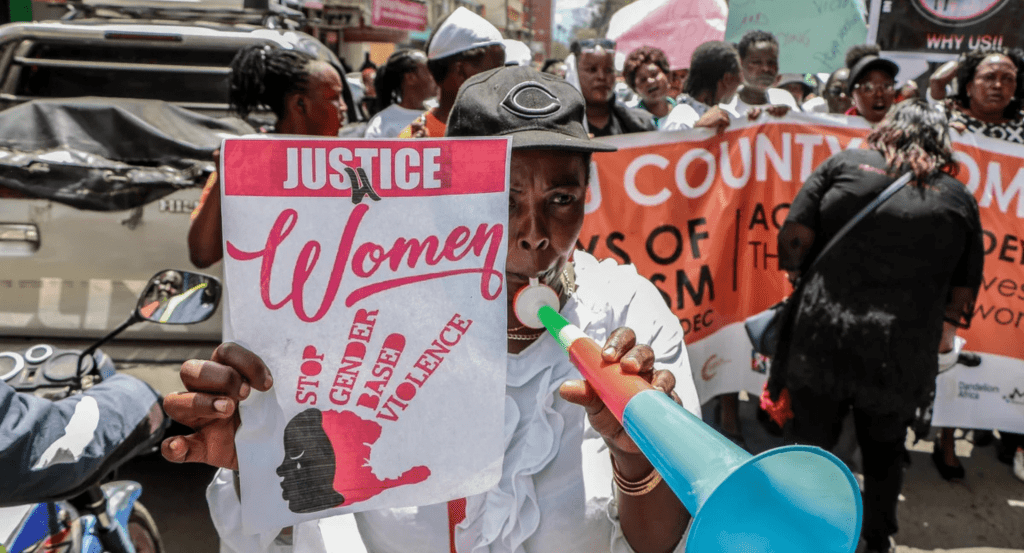Across Africa, gender-based violence (GBV) and sexual assault remain widespread issues, with many survivors facing a justice system that often fails to provide adequate protection or redress. Despite significant international attention and local advocacy, rape and sexual violence laws in numerous African countries are still inadequate, leaving survivors without the support they need.
A recent report from the United Nations highlights that in many African nations, rapists evade punishment due to systemic failures in law enforcement and judicial processes. The legal frameworks in place are often poorly implemented, underfunded, or do not fully align with international standards for protecting survivors. Many African countries have signed onto the International Convention on the Elimination of All Forms of Discrimination Against Women (CEDAW), but progress in implementing its provisions is slow and uneven.
One of the most significant barriers to justice for sexual violence survivors is the social stigma attached to reporting such crimes. In many communities, there is fear of retribution, and survivors often face blame for the violence they endured. This social pressure deters many from coming forward. Additionally, the legal processes themselves are often fraught with corruption and inefficiency, where survivors are often required to navigate a hostile or indifferent judicial system that dismisses their claims.
In some African countries, laws designed to combat GBV and sexual violence are either non-existent or ineffective. Even where laws exist, loopholes, lenient penalties, and legal ambiguity allow perpetrators to avoid the full weight of justice. For instance, in several nations, marital rape is not criminalized, and a lack of clear definitions of consent allows perpetrators to manipulate the system.
The case of the 2024 African Union report on gender-based violence in sub-Saharan Africa emphasizes that legal reforms are essential but often hindered by a combination of political will, entrenched gender norms, and lack of resources. In countries like Nigeria and South Africa, high-profile rape cases have ignited public outrage, but legal progress remains slow and often stagnates in the courts.
Global organizations, including Equality Now and Health Policy Watch, have called for urgent action to implement comprehensive laws that protect survivors, hold perpetrators accountable, and create support systems for those affected by sexual violence. They argue that laws must not only be passed but effectively enforced to ensure justice is served.
In addition to legal reforms, these organizations stress the need for societal shifts in how sexual violence is perceived. More education is needed to eliminate the stigma surrounding survivors and to promote gender equality.
While the road ahead is long, there is growing momentum in the fight against sexual violence in Africa. Stronger enforcement of sexual violence laws and increased accountability for perpetrators are vital in ensuring that justice is truly served for all survivors across the continent.




















